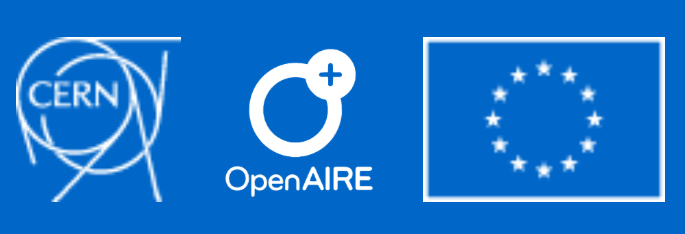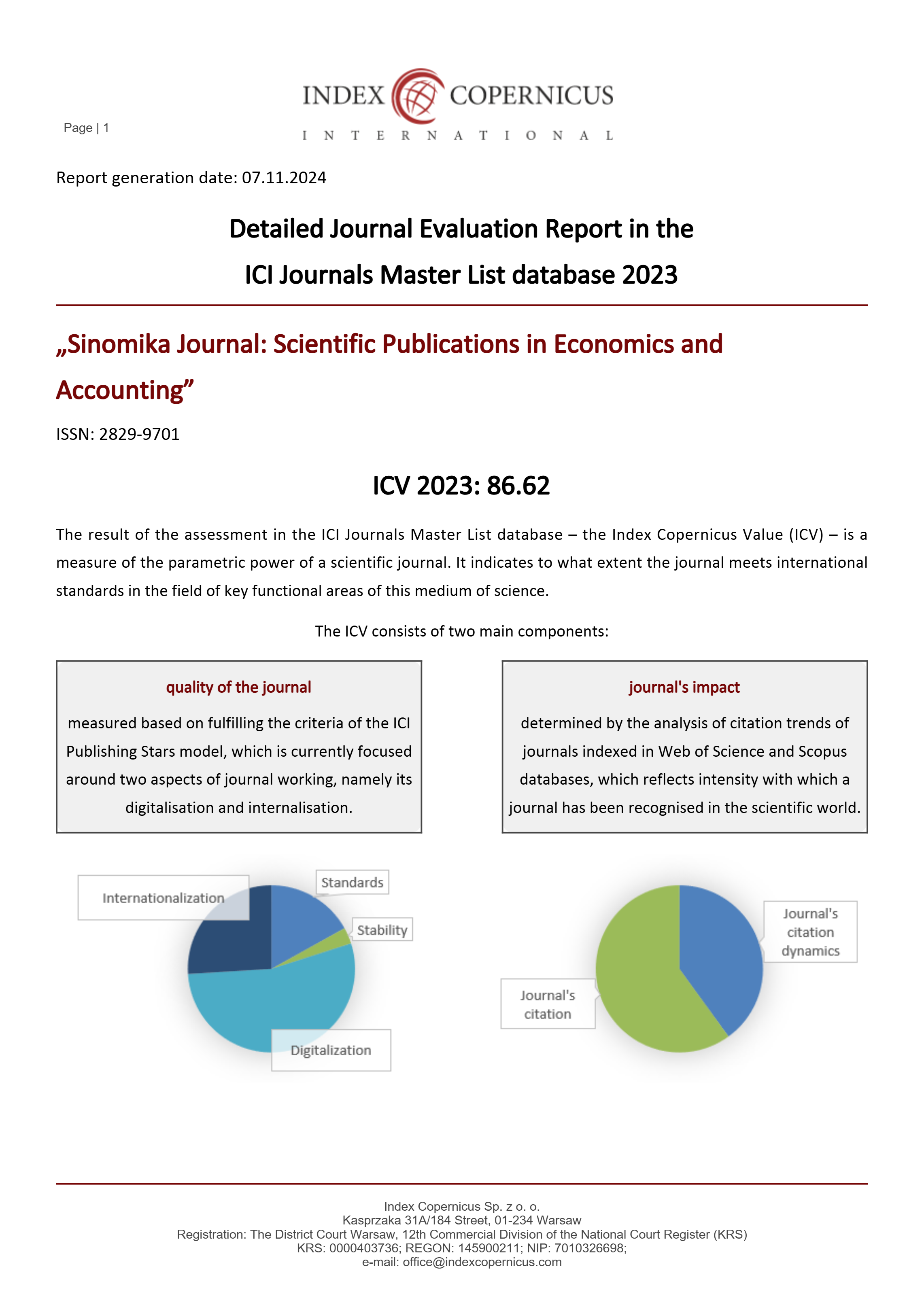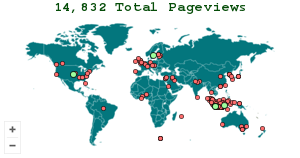Optimalisasi Manajemen Akuntansi untuk Meningkatkan Kinerja Keuangan Perusahaan di Era Digital
DOI:
https://doi.org/10.54443/sinomika.v3i3.2347Keywords:
Accounting Management, Financial Performance, Information Technology, Cost Control, BudgetingAbstract
Accounting management plays a crucial role in strategic decision-making that affects a company's financial performance. In the rapidly evolving digital era, optimizing accounting management through the use of information technology is key to enhancing efficiency and transparency in financial management. This paper aims to explore the main concepts of accounting management that can be optimized in the digital age to improve a company's financial performance. The focus of this study is on the implementation of cost control systems, efficient budgeting, and the utilization of information technology to accelerate the production of accurate and real-time financial reports. The analysis shows that integrating information technology into accounting management systems facilitates better financial data management, faster decision-making, and improved financial reporting transparency, ultimately having a positive impact on profitability and operational efficiency. The study suggests that companies, particularly in the manufacturing sector, should leverage technology to enhance accounting practices and maximize their financial performance.
Downloads
References
Bennett, R., & James, P. (2005). Costing and Cost Control: Strategic Approaches. Wiley.
Bierman, H., & Smidt, S. (2011). The Theory of Financial Decision Making. Lexington Books.
Braun, K. W., & Tietz, W. M. (2016). Managerial Accounting for Managers. McGraw-Hill Education.
Carmichael, D. R., & Graham, L. M. (2006). Financial Accounting Theory. McGraw-Hill Education.
Cooper, R., & Kaplan, R. S. (1991). The Design of Cost Management Systems. Prentice Hall.
Demski, J. S. (2006). Managerial Uses of Accounting Information. Pearson Prentice Hall.
Drury, C. (2017). Management and Cost Accounting. Cengage Learning.
Garrison, R. H., Noreen, E. W., & Brewer, P. C. (2018). Managerial Accounting. McGraw-Hill Education.
Hilton, R. W., & Platt, D. E. (2019). Managerial Accounting: Creating Value in a Dynamic Business Environment. McGraw-Hill Education.
Horngren, C. T., Sundem, G. L., & Stratton, W. O. (2013). Introduction to Management Accounting. Pearson.
Johnson, H. T., & Kaplan, R. S. (1987). Relevance Lost: The Rise and Fall of Management Accounting. Harvard Business School Press.
Kaplan, R. S., & Norton, D. P. (1992). The Balanced Scorecard: Measures that Drive Performance. Harvard Business Review.
Kimmel, P. D., Weygandt, J. J., & Kieso, D. E. (2018). Financial Accounting: Tools for Business Decision Making. Wiley.
Langfield-Smith, K., Thorne, H., & Hilton, R. W. (2019). Management Accounting: Information for Creating and Managing Value. McGraw-Hill Education.
Lee, J. K. (2007). Advanced Management Accounting. Wiley.
Lucey, T. (2005). Management Information Systems. Thomson Learning.
Maher, M. W., & Stickney, C. P. (2004). Introduction to Financial Accounting. Thomson South-Western.
Miller, P. (2001). Accounting for Managers: Interpreting Accounting Information for Decision Making. Sage Publications.
Mintzberg, H. (1994). The Rise and Fall of Strategic Planning. Free Press.
Mowen, M. M., & Hansen, D. R. (2015). Cost Accounting: A Managerial Emphasis. Cengage Learning.
Müller, E. M. (2013). Financial Management: Theory and Practice. McGraw-Hill.
Noreen, E., Brewer, P., & Garrison, R. H. (2019). Managerial Accounting for Managers. McGraw-Hill Education.
Porter, M. E. (1985). Competitive Advantage: Creating and Sustaining Superior Performance. Free Press.
Riahi-Belkaoui, A. (2004). Accounting Theory. Thomson Learning.
Robinson, T. R., & Munter, P. (2005). Financial Accounting and Reporting. Pearson Prentice Hall.
Schroeder, R. G., Clark, M. W., & Cathey, J. M. (2019). Financial Accounting Theory and Analysis. Wiley.
Sundem, G. L., & Strickler, L. A. (2007). Management Accounting and Control Systems. Pearson.
Wild, J. J., Shaw, K. W., & Chiappetta, B. (2019). Financial Accounting: Information for Decisions. McGraw-Hill Education.
Zimmerman, J. L. (2011). Accounting for Decision Making and Control. McGraw-Hill Education.
Downloads
Published
How to Cite
Issue
Section
License
Copyright (c) 2024 Arry Eksandy

This work is licensed under a Creative Commons Attribution 4.0 International License.

























